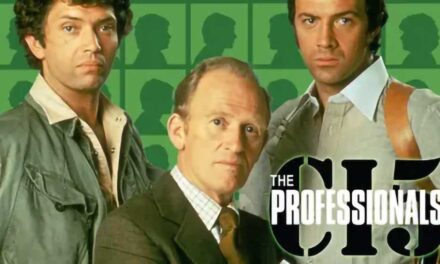Bobby Charlton, born Robert Charlton on October 11, 1937, in Ashington, Northumberland, England, is an English former professional footballer. Widely regarded as one of the greatest players of his generation, Charlton enjoyed a remarkable career, representing both Manchester United and the England national team. He is renowned for his outstanding technical abilities, lethal striking, and leadership qualities, which earned him numerous accolades and a place in football history.
Born into a family of miners, Charlton grew up in a humble background in the North East of England. His father, Robert “Bob” Charlton, was a former England international footballer, and he heavily influenced Bobby’s early passion for the sport. Charlton developed his skills playing street football and joined the youth system of Newcastle United before being scouted by Manchester United in 1953, at the age of 15.
Charlton’s professional career began in 1956, when he made his debut for Manchester United. He quickly established himself as a vital player for the club, contributing goals and assists from his attacking midfield position. During his 17-year tenure at Manchester United, Charlton captured numerous domestic and international trophies, including three English First Division titles (1956, 1957, and 1965), the Football Association (FA) Cup (1963), and the prestigious European Cup (1968). He was a key figure in the famous “Busby Babes” team, led by manager Sir Matt Busby.
On the international stage, Charlton represented England for over a decade. He made his debut in 1958 and played a pivotal role in helping the national team win the FIFA World Cup in 1966. Charlton’s performance in the tournament earned him the FIFA World Cup Golden Ball, awarded to the best player. He scored crucial goals and provided tremendous leadership throughout the tournament.
Charlton’s contributions to football were not limited to his playing career. After retiring as a player in 1973, he pursued a managerial role, leading Preston North End and briefly serving as a caretaker manager for the national team. He was also heavily involved in scouting and administration at Manchester United, helping develop future talents and contributing to the club’s overall success.
Throughout his career, Bobby Charlton received numerous awards and recognitions for his outstanding achievements. In 1966, he was awarded the prestigious Ballon d’Or, recognizing him as the European Footballer of the Year. Charlton was also knighted in 1994 for his services to football.
Beyond his on-field achievements, Charlton is highly regarded for his sportsmanship, humility, and positive demeanor. He has been a significant influence on his contemporaries and subsequent generations, both on and off the pitch. Charlton’s impact on English football and his contributions to Manchester United’s legacy have solidified his status as a football legend.
In recent years, Charlton has dedicated himself to various philanthropic and charity initiatives. He has been an ambassador for several organizations such as UNICEF and actively supports charitable causes. His dedication to giving back has further endeared him to fans worldwide and added to his extraordinary legacy.
Bobby Charlton’s exceptional career and remarkable character have left an indelible mark on the world of football. He will forever be remembered as one of the all-time greats, an icon whose achievements and contributions transcend the sport itself, inspiring generations of players and fans alike. As Charlton himself once said, “Some people tell me that we professional players are soccer slaves. Well, if this is slavery, give me a life sentence.”













